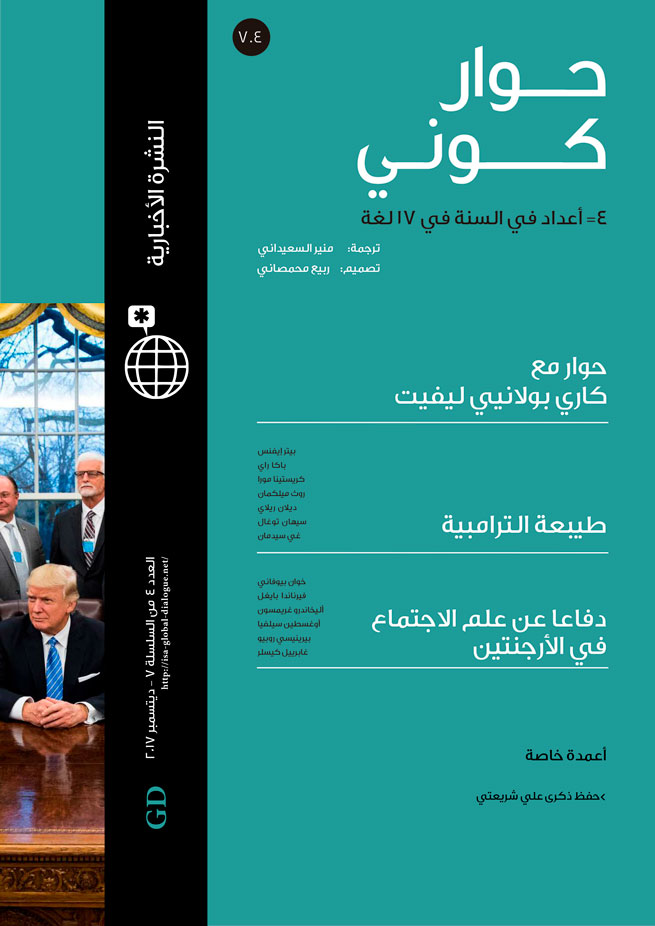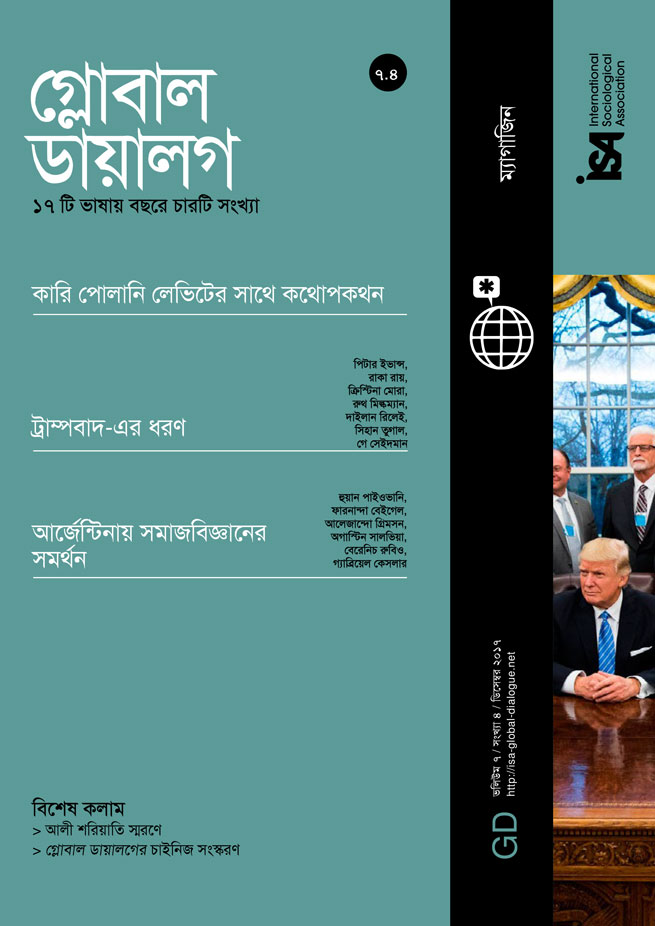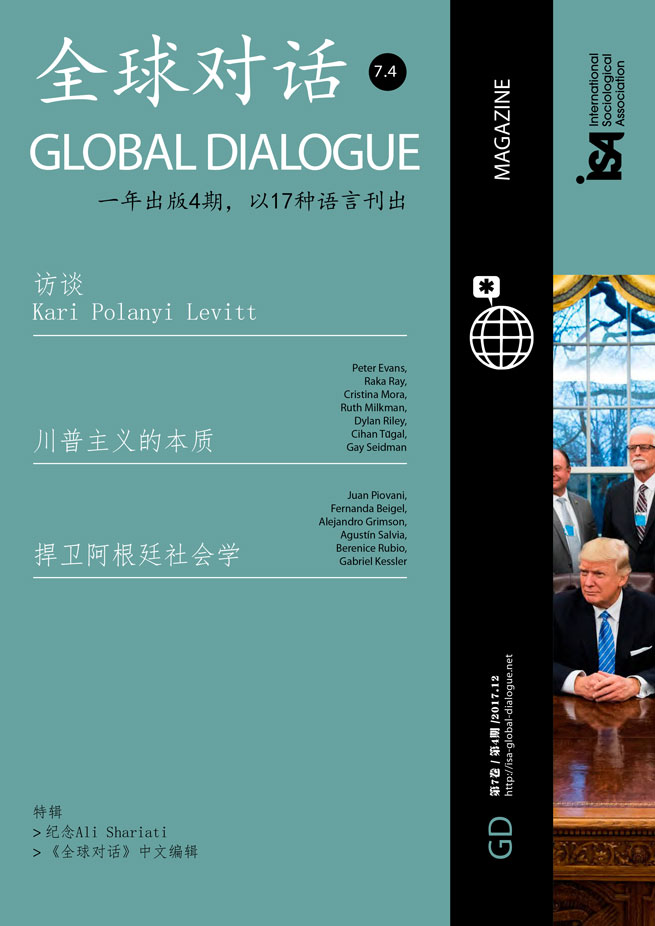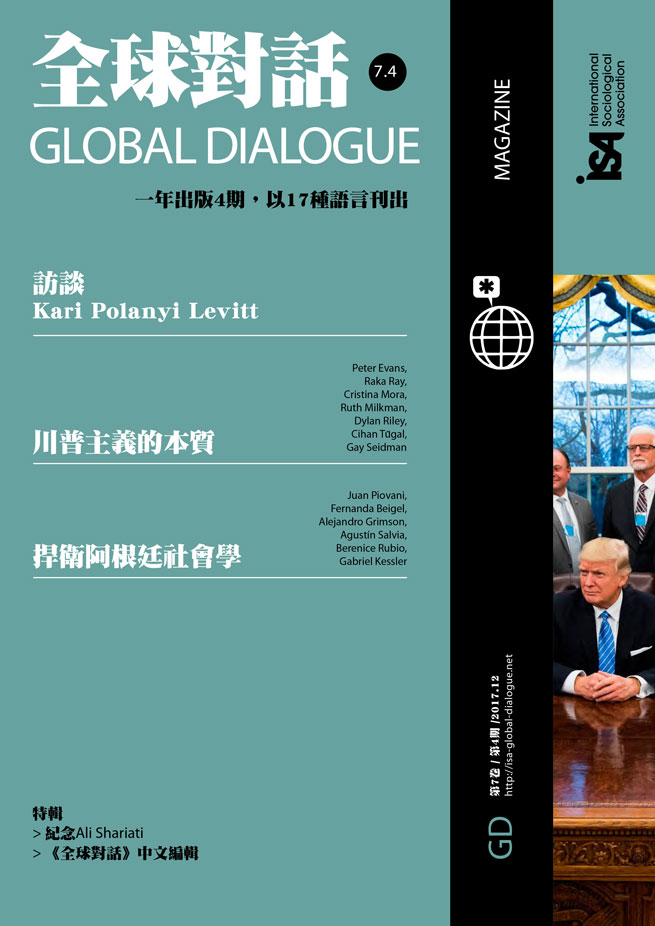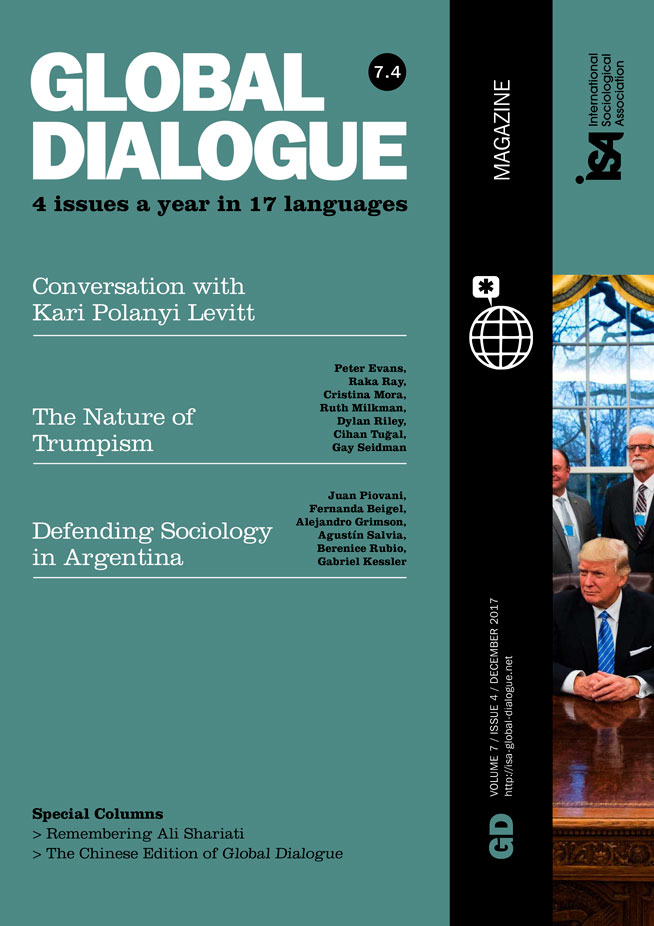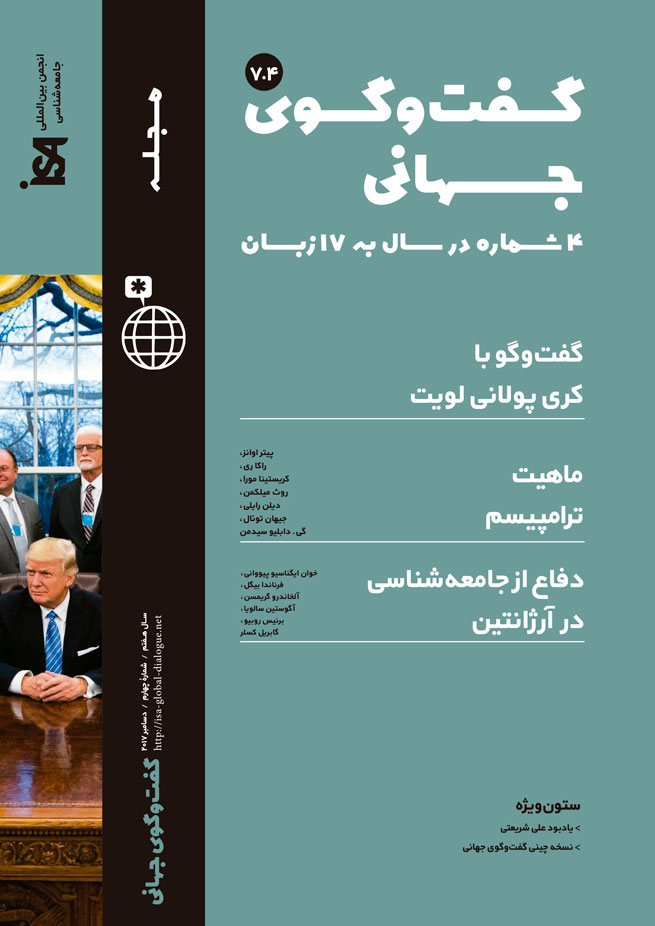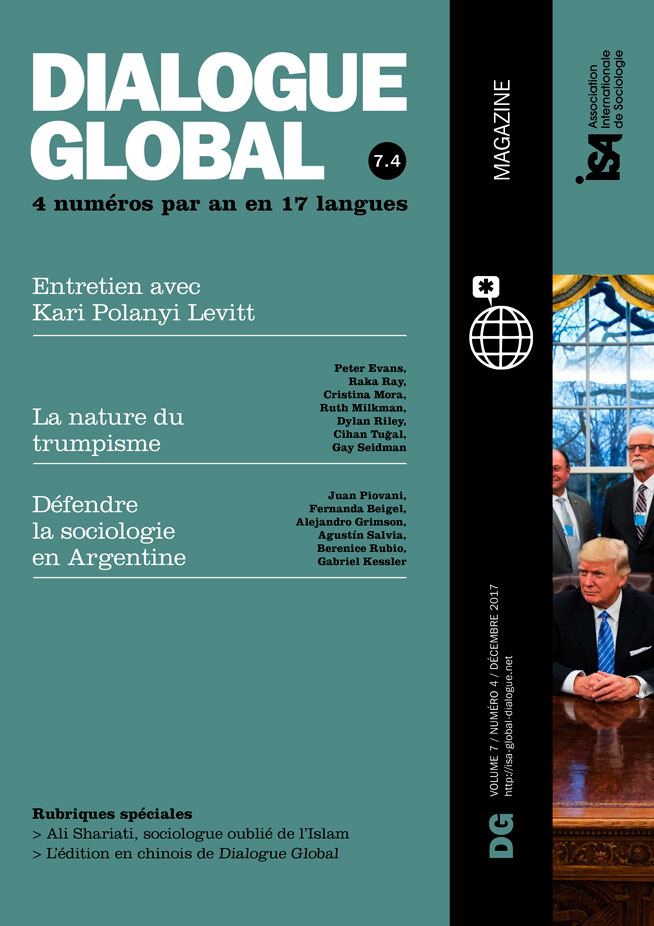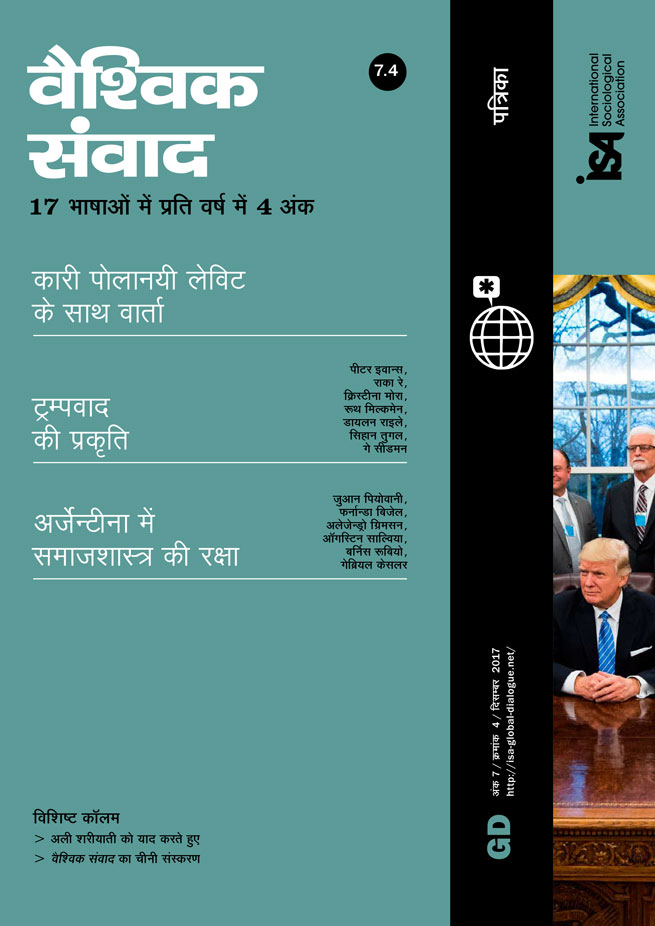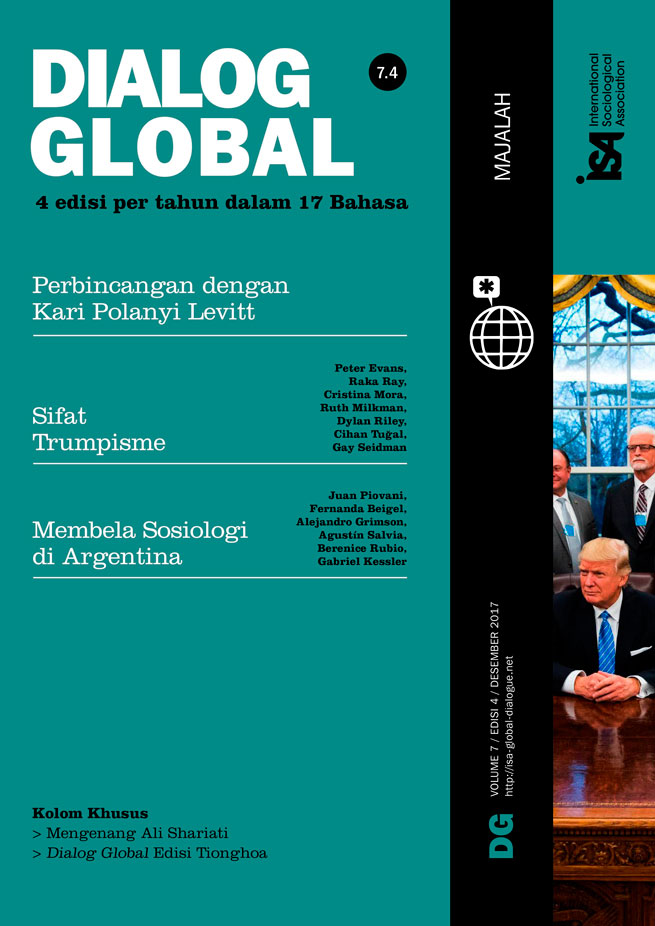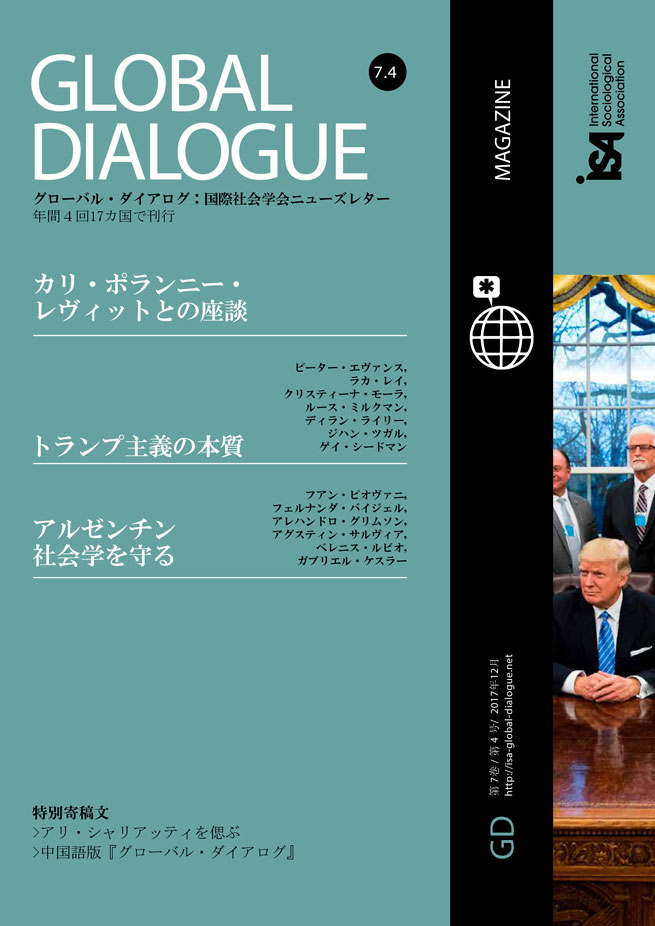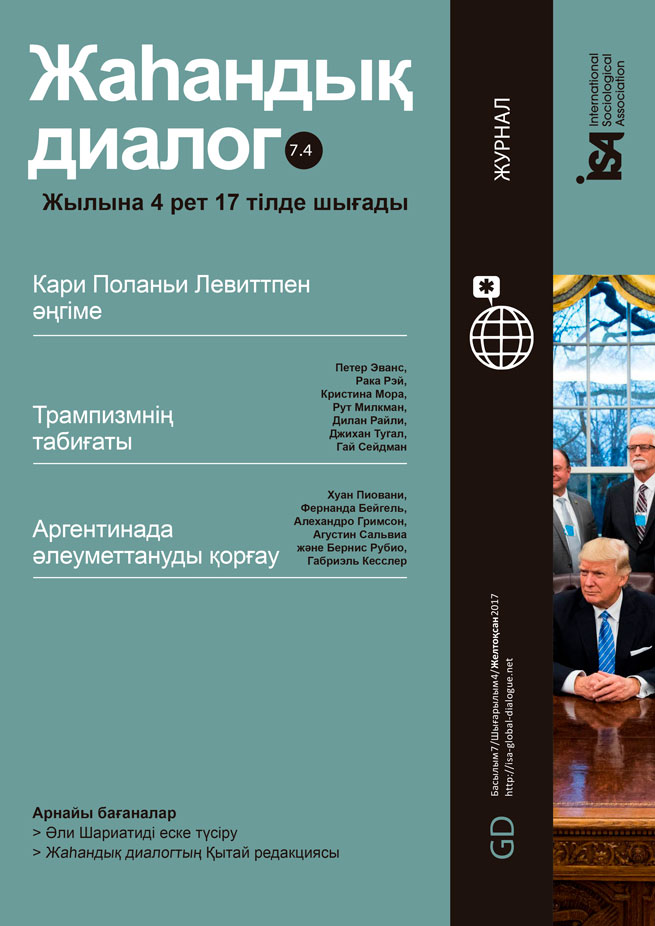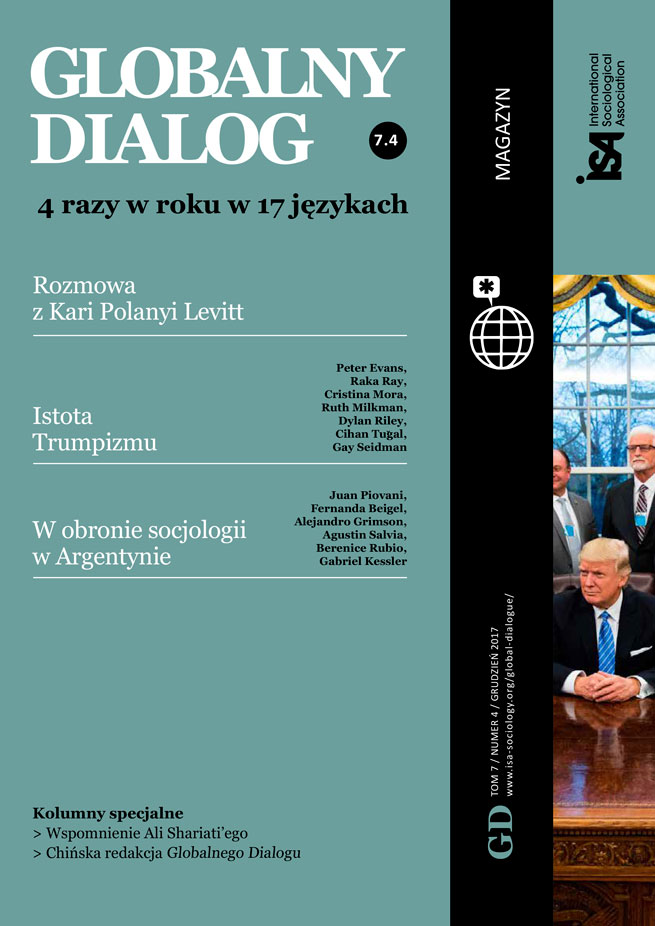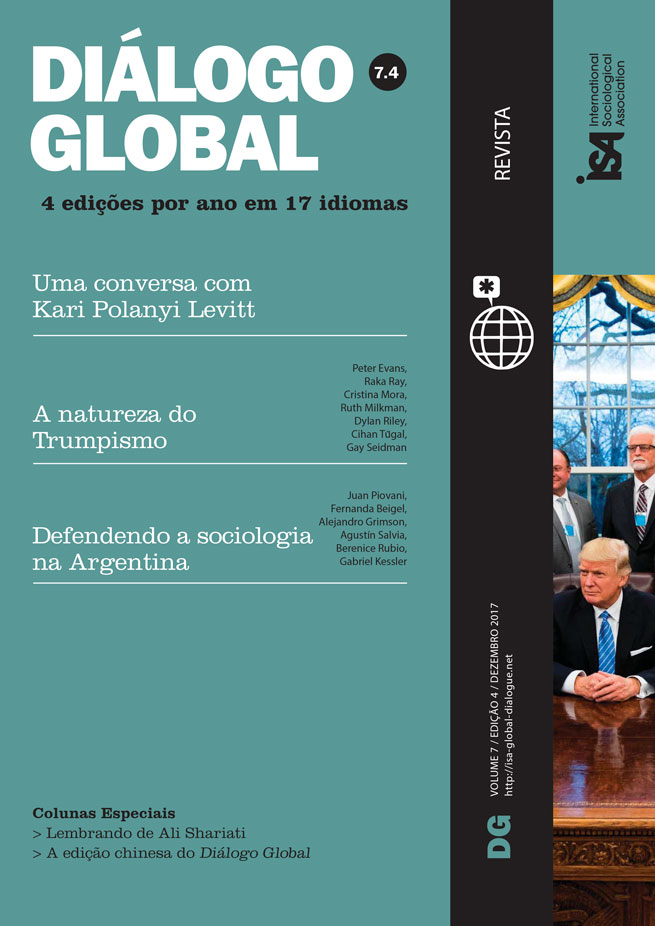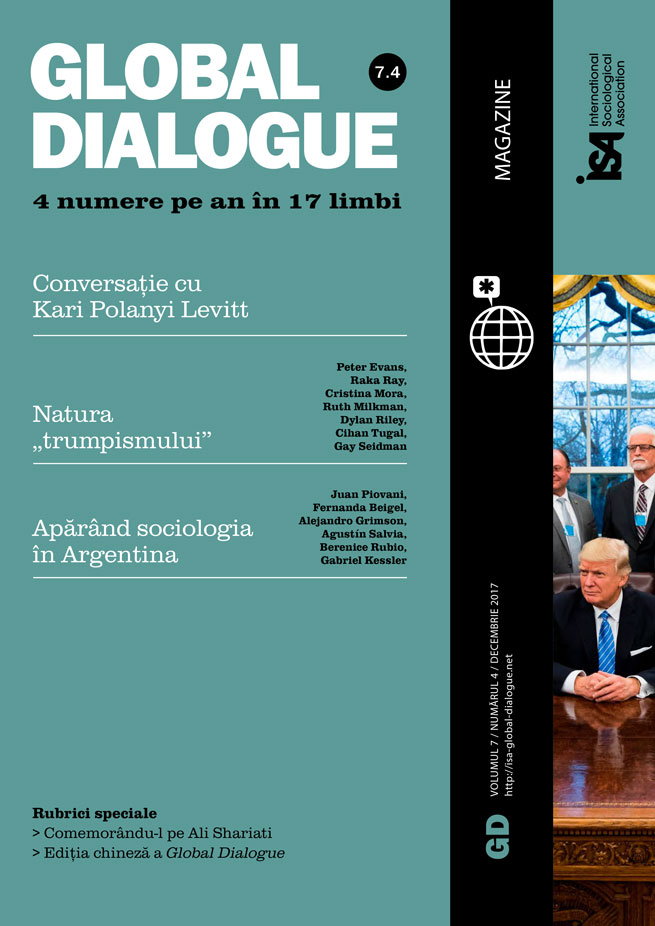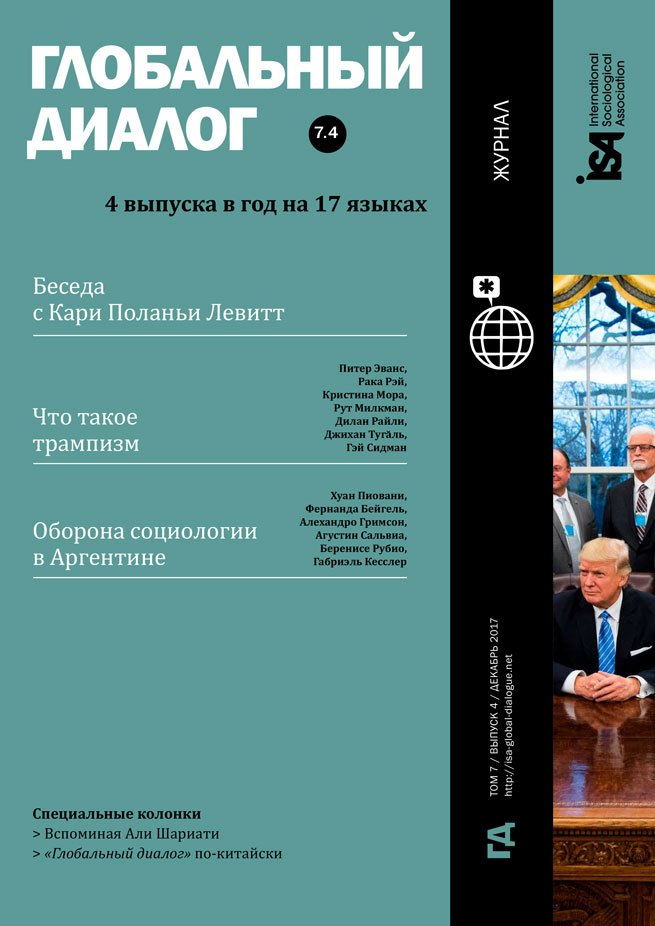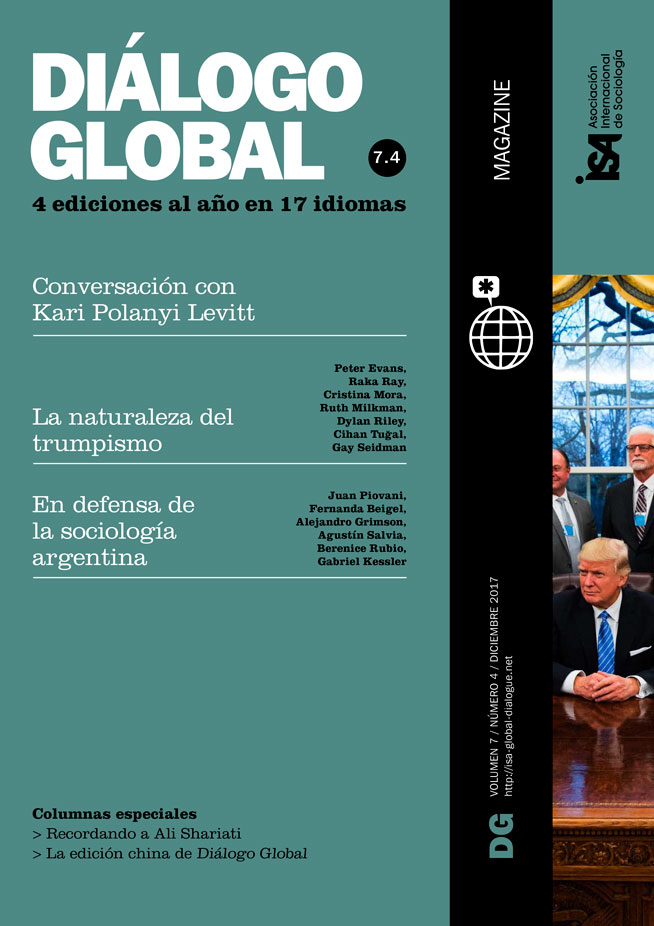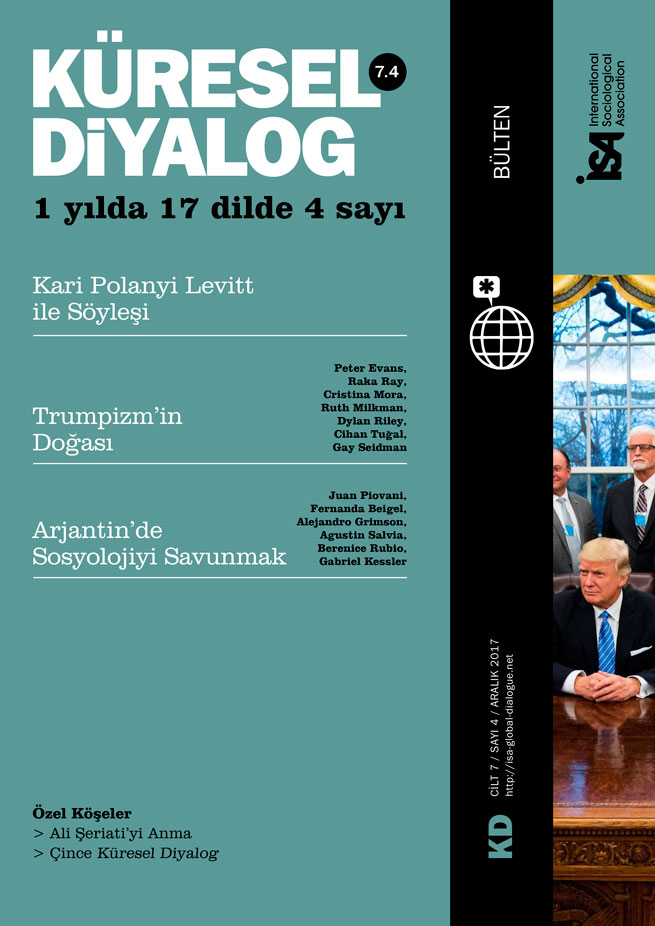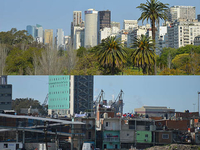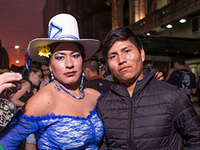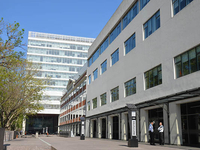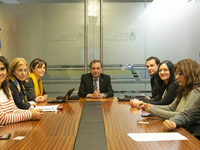Exploring Social Capital in Argentina
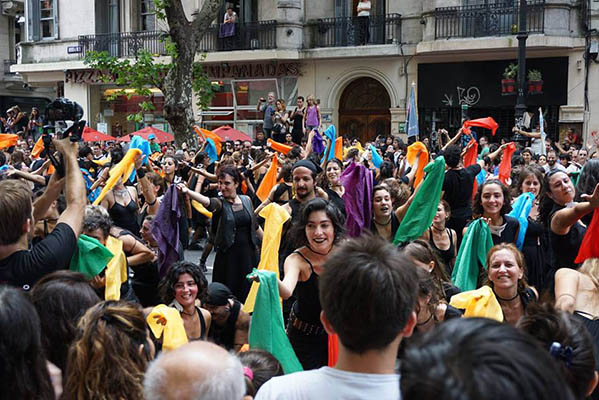
October 28, 2017
What do Argentina’s micro-social relations look like? How do they vary within the country, and how does Argentina compare to other regions of the world? How are they influenced by Argentina’s past, and by its more recent neoliberal period? PISAC’s (Argentina’s National Research Program on Contemporary Society) National Survey on Social Relations (ENRS) will explore these questions, focusing on social capital, sociability, self-identification and social barriers, tensions, participation and collective action. Considering its geographical coverage and topics, this survey is the first of its type, so it will provide new information for Argentina and could serve as a framework for surveys of other Latin American nations.
Previous studies in Argentina have focused on networks and social capital from a traditional perspective, analyzing social support networks among the most disadvantaged sectors, for example after the 2001 crisis. In designing ENRS, we have drawn from international studies, hoping to allow comparisons, but we have also adjusted indicators to reflect local characteristics. Following recent successful pilot tests (both qualitative and quantitative), our fieldwork is planned for November 2017. Here we present the main ideas and hypotheses underlying this comprehensive investigation of micro-social relations in Argentina.
How do people’s personal networks differ across different social groups? Can we find patterns and regularities – and if so, what are these patterns? To answer these questions we use a “names’ generator,” allowing us to reconstruct interviewees’ personal social networks. A key issue is to determine the traces left both by the more cohesive Argentinian society of the past, and the recent neoliberal phase (as Salvia and Rubio describe it in this issue, GD7.4). In particular, we wonder whether the social networks of older people might be more heterogeneous than those of the younger generations, whose socialization has been formed in a more fragmented society. On the other hand, in developed countries as well as in Latin America, international evidence tends to show that as we move down the social structure, personal networks involve more relatives and spatially closer relations. Our hypothesis is that other criteria of differentiation – such as political affiliation, cultural and consumption affinities – will overlap class cleavages. The changes in gender relations also matter, and we expect to find more diversity in younger women’s networks, given their increasing participation in all spheres of social life. We will also try to see whether young people’s intensified involvement in the virtual world influences their networks beyond the Internet. The survey will also explore differences between the country’s most modern and most traditional regions.
What do we understand by social capital? And how can it be measured? This is the theme of the survey’s second module. We take the idea of social capital seriously, defining it in terms of relations and resources. Indeed, not all relations have the same “worth,” since their “value” is created by the quantity and quality of resources that they are able to mobilize. At the height of the neoliberal era, multilateral organizations seemed to have “forgotten” this; many policymakers assumed that the poor could turn to close social relations (which they termed “social capital”) to overcome critical situations, without considering that their relatives’ lack of resources challenged the very idea of capital.
In Latin America two opposite ideas coexist around this issue. On the one hand, the classic perspective of moral economy (linked to the pioneering work of Chilean anthropologist Larissa Lomnitz in the 1970s) claimed that social sectors unable to satisfy their needs through the market or the state build networks in order to survive. Therefore, with higher marginality one would expect stronger subsistence networks. On the other hand, drawing on Robert Castel’s idea of disaffiliation, exclusion from the labor market correlates with social deterioration became widely accepted during neoliberalism. Labor exclusion also undermines micro-social relations, rather than strengthening them. Our hypothesis is that both explanations might be valid among the most disadvantaged social sectors, so the challenge will be to explain why we find disaffiliation in some cases, and strengthened social networks in others.
We will also explore the links between networks and resources: what circulates, among whom, and in what ways. Exchanges include goods, labor contracts, care, advice and support of various types. We hope to understand the differences in resources exchanged by dissimilar social groups. Also, we are interested in exploring how money circulates: loans, gifts, payments made by third parties, etc. We hope to examine what is given and what is received, so that we can map circulation and reciprocity. Here again we take the idea of social capital seriously as we look for the “golden contact,” that is, any relation who is in a privileged position due to power, money and/or social contacts, and who might have done some sort of special favor in key moments.
What about different forms of sociability? This is the question of the fourth module, which focuses on friendship, family and more expressive contacts, either face-to-face or virtual, where neither capital nor exchange is at stake. We are also interested in the type of relationship and the frequency of contact that various social groups have with their relatives.
With regard to the virtual world, we expect to find that far from leading to a decrease in sociability, virtual relations and face-to-face relations reinforce each other, particularly among the youth. But since Argentina is a country with intense urban social life, we are also concerned with the places where sociability is practiced, and with the spaces of encounter. In addition, we explore links with people from other countries, hypothesizing that these will be stronger among the migrant population and upper classes, due to their international connections. Friendship is a vital value in Argentinian society; we are interested in determining how it originates and in what spaces, taking different spheres of socialization into account.
The module on self-identification and social barriers explores the forms of self-identification and their association with network-building. In this sense, we hope to determine what prejudices and stereotypes serve as barriers when it comes to establishing relational networks. Moreover, since conflicts are part of micro-social relations, the survey examines troubled relations and types of conflict, including all forms of violence and aggression.
Last but not least, we also examine the organizations different people belong to, the time they invest in them and the activities that they carry out, as a way to probe participation. In general, previous studies suggest that the level of organizational participation is rather low, so we are interested in asking whether social media have changed this, and in understanding very specific and discontinuous forms of participation that may have been overlooked by traditional surveys.
These are just some of the dimensions and issues that ENRS will try to capture. Along with PISAC’s other projects, we hope to develop, for the first time, a profound portrayal of Argentinian society. This will allow us not only to know our society better, but also to engage more actively in current international discussions within sociology. No less important, we hope the survey will lay a foundation for renewed involvement in public debates and for higher commitment to the development of public policies informed by social science knowledge.
Gabriel Kessler, National University of La Plata, Argentina, and member of ISA Research Committees on Futures Research (RC07), Social Stratification (RC28) and Social Psychology (RC42) <gabriel_kessler@yahoo.com.ar>

